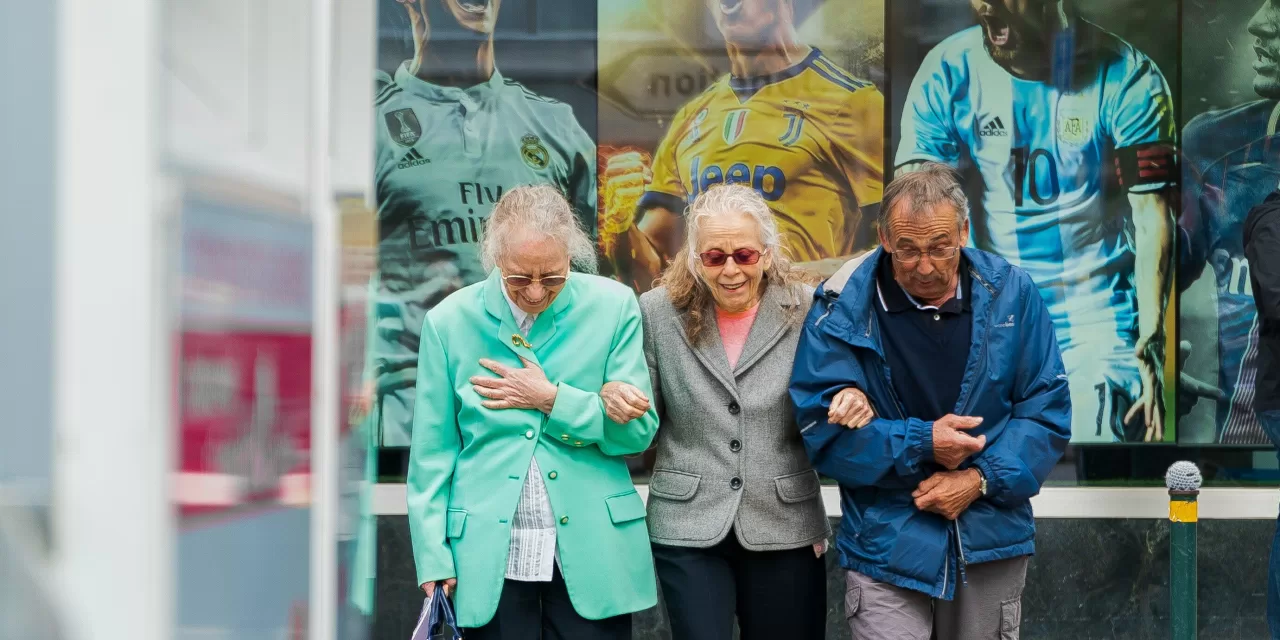A recent study conducted by the University of Jyväskylä in Finland has uncovered compelling evidence suggesting that mental well-being plays a significant role in maintaining or even increasing physical activity among older adults. Published in BMC Public Health, the research highlights how positive mental states can encourage individuals to stay physically active, while depressive feelings are associated with decreased activity levels, particularly during the challenging times of the COVID-19 pandemic.
The study, which focused on men and women aged 60 to 88, explored the impact of mental well-being on physical activity during the COVID-19 restrictions, revealing a positive correlation between positive affectivity and increased physical activity. Positive affectivity, which encompasses feelings of joy and optimism, was linked to individuals being more physically active, or even increasing their activity levels during the pandemic.
Conversely, depressive feelings were associated with lower physical activity, particularly among individuals over the age of 70. Researchers found that those who experienced depressive symptoms were less likely to engage in physical activity or were more likely to reduce their activity levels during the pandemic.
The findings from the Gerontology Research Center and the Faculty of Sport and Health Sciences at the University of Jyväskylä suggest that mental well-being may form a positive cycle with physical activity. Engaging in physical activity is known to improve mental health, and the study emphasizes that a mentally well individual is more likely to maintain a physically active lifestyle, even under exceptional circumstances like a pandemic.
“It was interesting to observe that the link between positive affectivity and physical activity was more consistent in individuals around the age of 60 than in those over 70,” noted postdoctoral researcher Tiina Savikangas.
The study also highlighted that while the older population faced stricter restrictions than working-age individuals in Finland, the overall trend still showed that older adults who experienced more positive emotions were more likely to maintain or increase their physical activity levels during the pandemic.
Moreover, the research stresses the importance of supporting mental well-being, particularly in older adults, to encourage physical activity. “Mental well-being is an important resource for physical activity,” Savikangas added. “Those who have such resources are more likely to stay active, even during exceptional circumstances.”
The research also pointed out that mental well-being is not just about preventing depressive feelings but also enhancing the positive aspects of mental health. The study’s results underscore the need for interventions that focus on both promoting positive affectivity and addressing depressive symptoms, especially for older adults.
This longitudinal study draws from the Jyväskylä Longitudinal Study of Personality and Social Development (JYLS), with data collected from two significant projects: the Developmental Psychological Perspectives on Transitions at Age 60: Individuals Navigating Across the Lifespan (TRAILS) and the Promoting Safe Walking Among Older Adults (PASSWORD) study. A total of 434 participants aged 60 to 88 took part in the study, responding to surveys on physical activity and mental well-being between April 2020 and July 2021.
The findings not only contribute to the growing body of research on mental health and physical activity in older adults but also offer valuable insights for designing public health interventions that promote both physical and mental well-being during challenging times.
For more information on this study, refer to Tiina Savikangas et al.’s article, The associations of positive and negative mental well-being with physical activity during the COVID-19 across late adulthood, published in BMC Public Health (2024).
Disclaimer: The information provided in this article is for informational purposes only and does not constitute medical advice. Always consult a healthcare professional for guidance on managing your physical and mental health.












